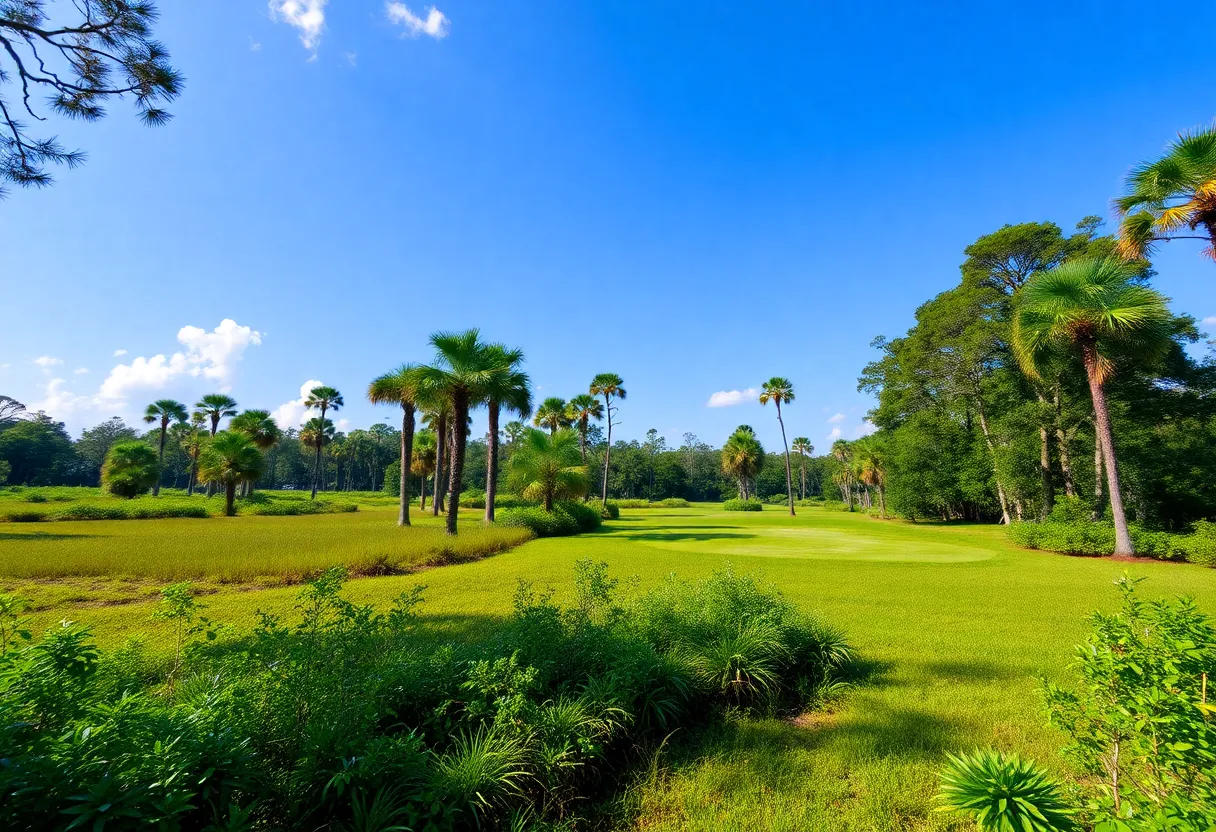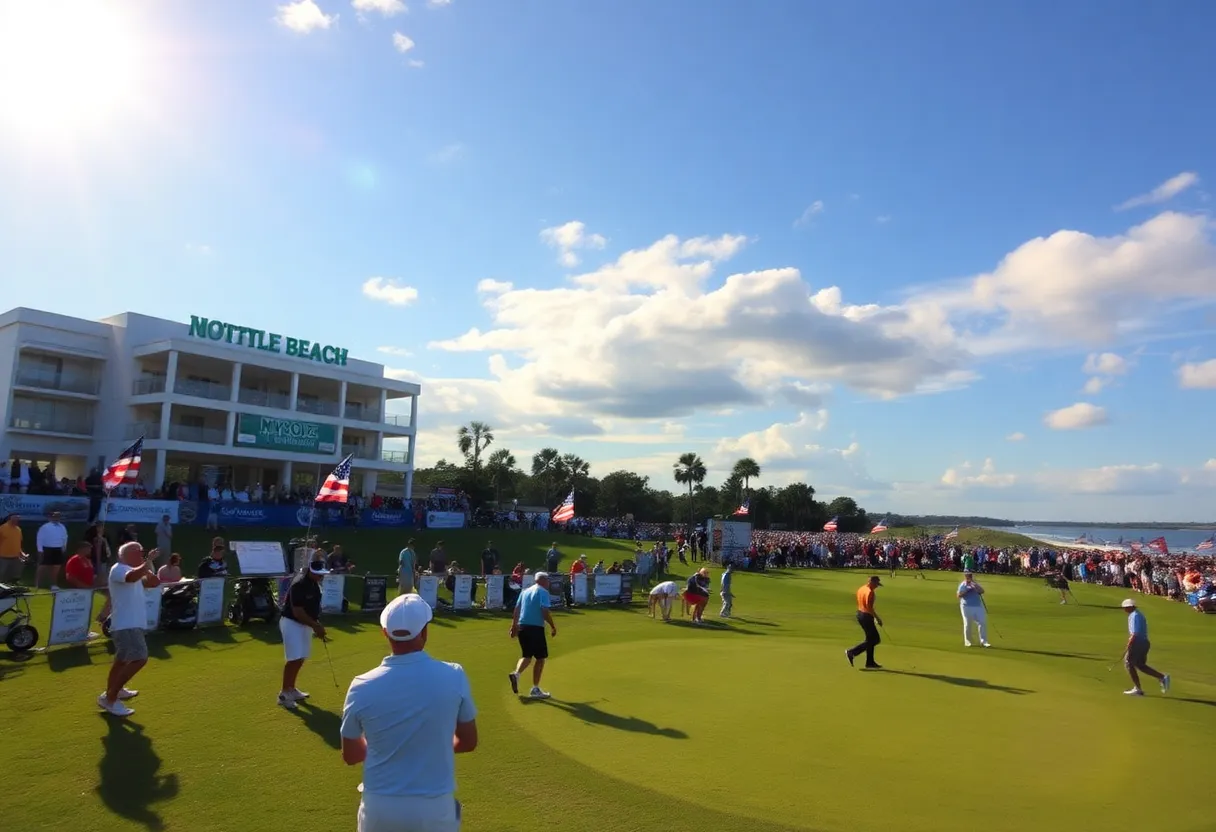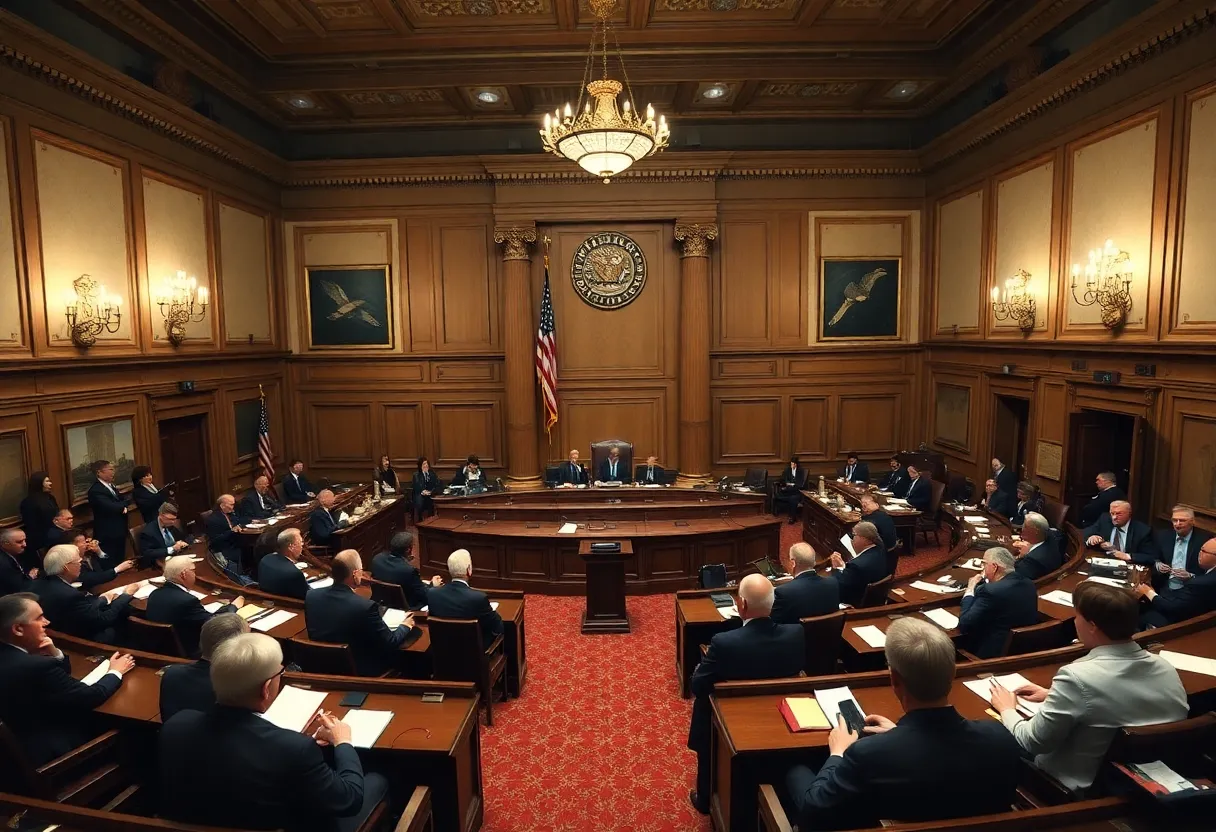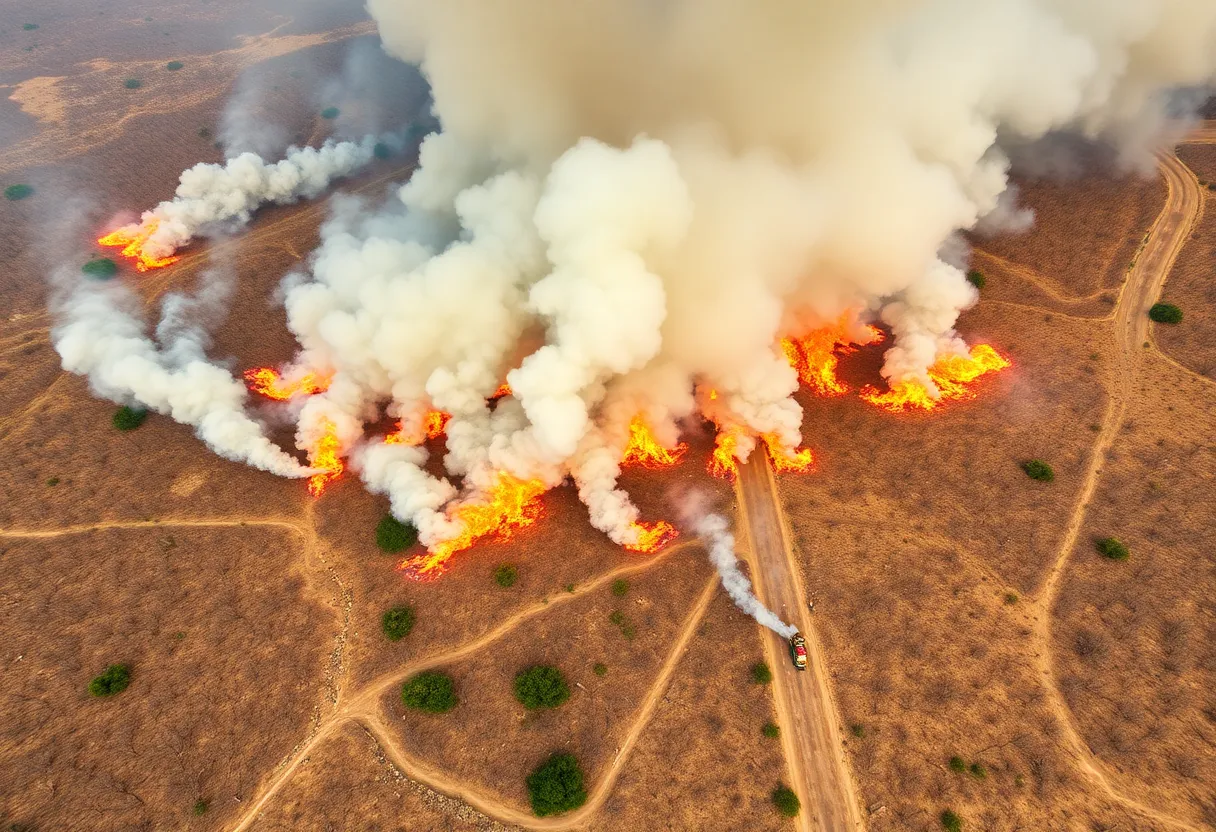Stuart Lawmaker Fights Back Against Controversial State Park Developments
STUART, FL – In a bold move amid growing concerns, State Sen. Gayle Harrell, representing the Stuart area, has introduced a bill designed to protect Florida’s state parks from significant changes that could reshape their natural beauty. This comes after a tumultuous summer filled with discussions and unrest surrounding the Great Outdoors Initiative, a plan fueled by Governor Ron DeSantis‘ administration aimed at introducing golf courses, lodges, and sports facilities into state parks.
The “State Park Preservation Act” Unveiled
On Wednesday, Harrell filed a new measure, dubbed the “State Park Preservation Act”, which aims to explicitly strike golf courses, tennis courts, pickleball courts, and ball fields from the list of allowable activities within state parks. This proposed legislation will be up for discussion in the upcoming 2025 legislative session scheduled to start on March 4. Harrell’s motivation is crystal clear: she and many residents believe that the original plans would fundamentally alter these treasured landscapes.
The uproar reached a peak in August when the state Department of Environmental Protection revealed plans that targeted nine parks for major changes, notably including the construction of three golf courses at Jonathan Dickinson State Park. This park is a cherished part of Harrell’s district in Martin County.
DeSantis Slammed With Bipartisan Backlash
The backlash against the proposal forced DeSantis to put the plans on hold, dubbing the initiative “half-baked.” The governor argued that the suggested golf courses were being “misrepresented” and clarified that they would be located in a section of the 11,500-acre park that was formerly a military base. Even so, the public’s apprehension remained palpable, pushing lawmakers like Harrell to take action.
What’s at Stake?
Harrell’s bill goes beyond just prohibiting sports facilities; it also proposes limits on camping cabins, capping them at a maximum of six occupants to maintain the parks’ natural atmosphere. Her vision for the parks centers around promoting activities that emphasize conservation and respect for the environment. The bill would allow recreational pursuits like fishing, camping, bicycling, hiking, and boating, while explicitly banning the types of sports that require specific facilities, such as golf and tennis.
The Community’s Voice Grows Stronger
The proposed changes sparked outrage among community members, especially at parks like Anastasia State Park, where plans included a lodge with as many as 350 rooms and several pickleball courts. Residents felt that such developments would threaten the ecological integrity and tranquility that these parks offer.
As Harrell’s proposal makes its way through the legislative process, supporters are rallying for a more ecological approach to park management. The measure explicitly states that parks should be operated in a manner that maximizes benefits both to the public and the surrounding natural resources. By prohibiting construction activities that could harm these resources, it signals a clear stance on prioritizing environmental conservation.
The Future of State Parks in Florida
The implications of this legislation could redefine how Florida manages its state parks. Many believe that prioritizing conservation over commercialization could serve as a vital step towards protecting the natural beauty that draws millions of visitors each year. As the debate unfolds, it’s clear that the fight to keep Florida’s parks natural and accessible to all is far from over.
With the 2025 legislative session on the horizon, eyes will be glued to how this bill develops and what it means for the future of Florida’s beloved state parks.






